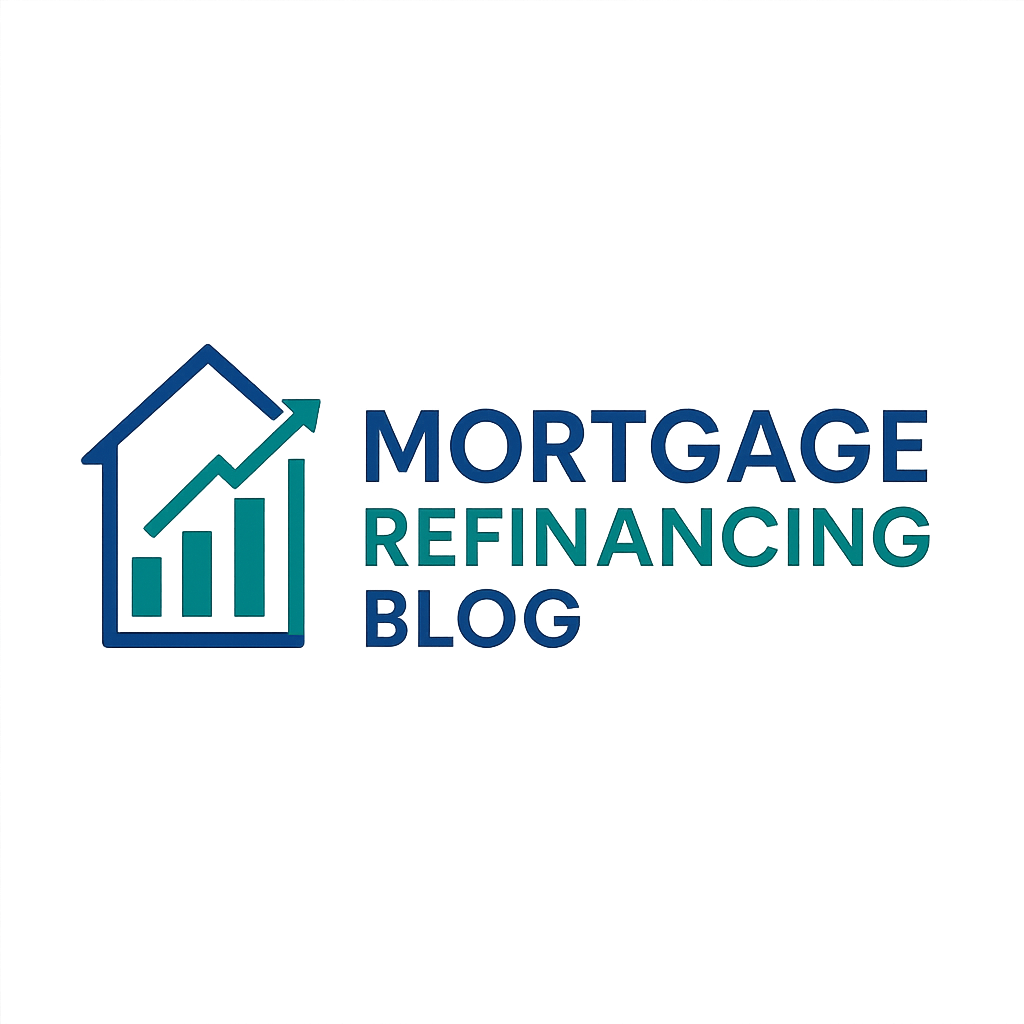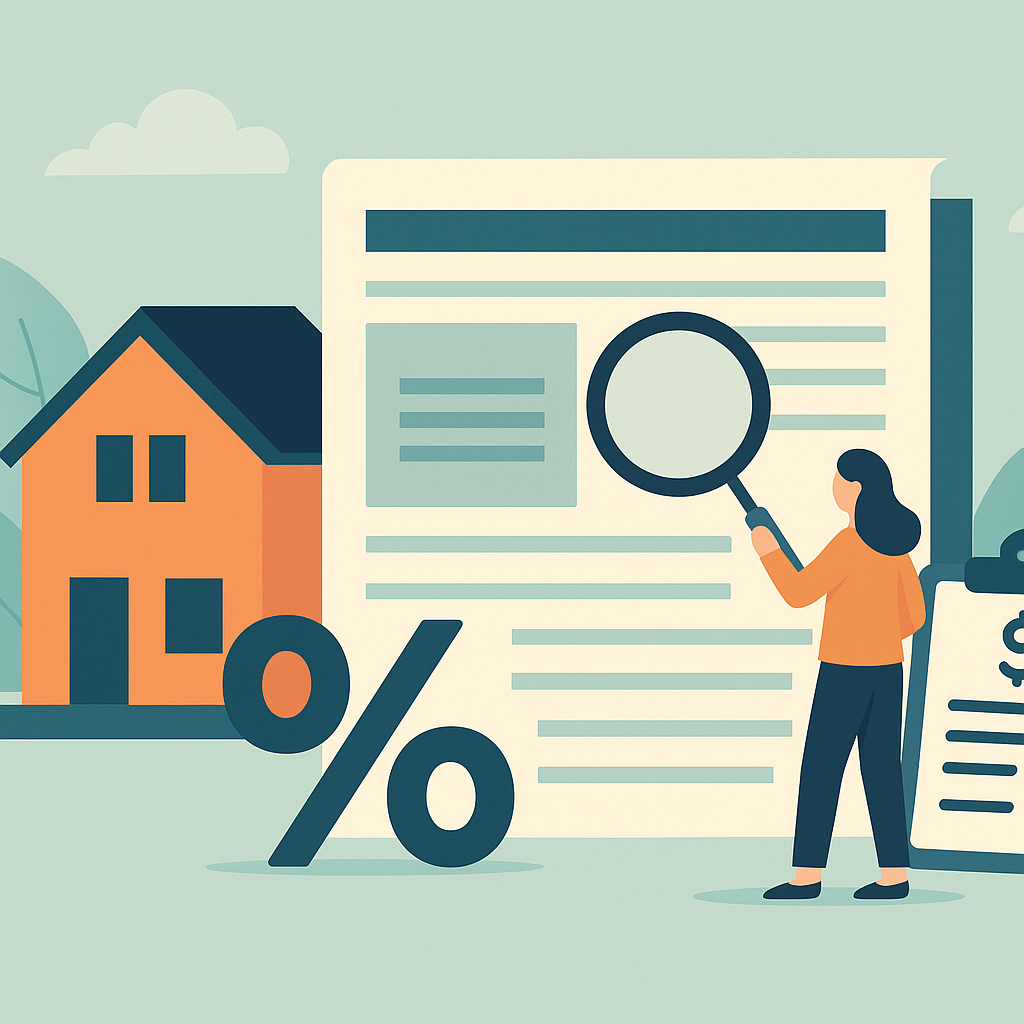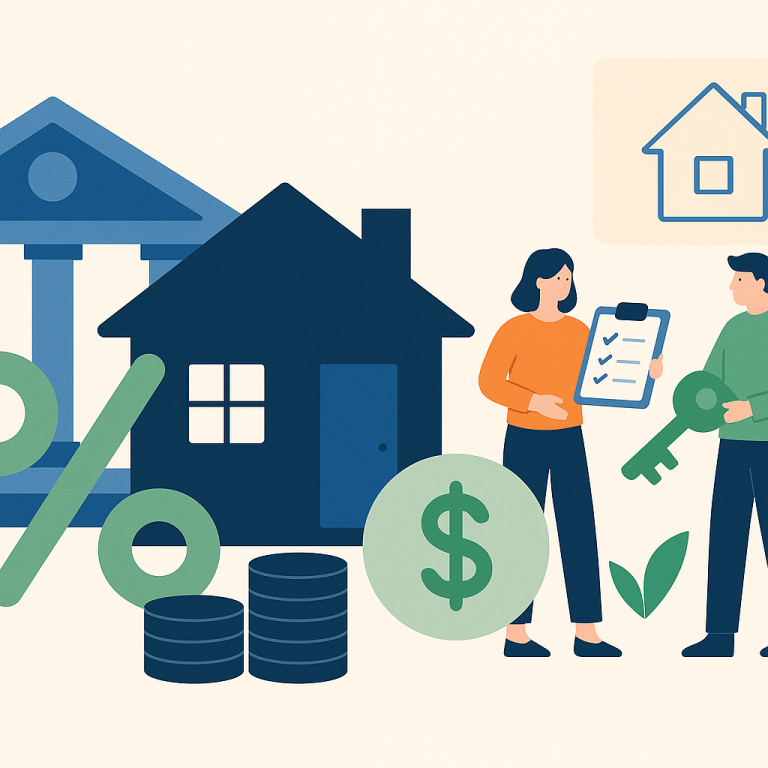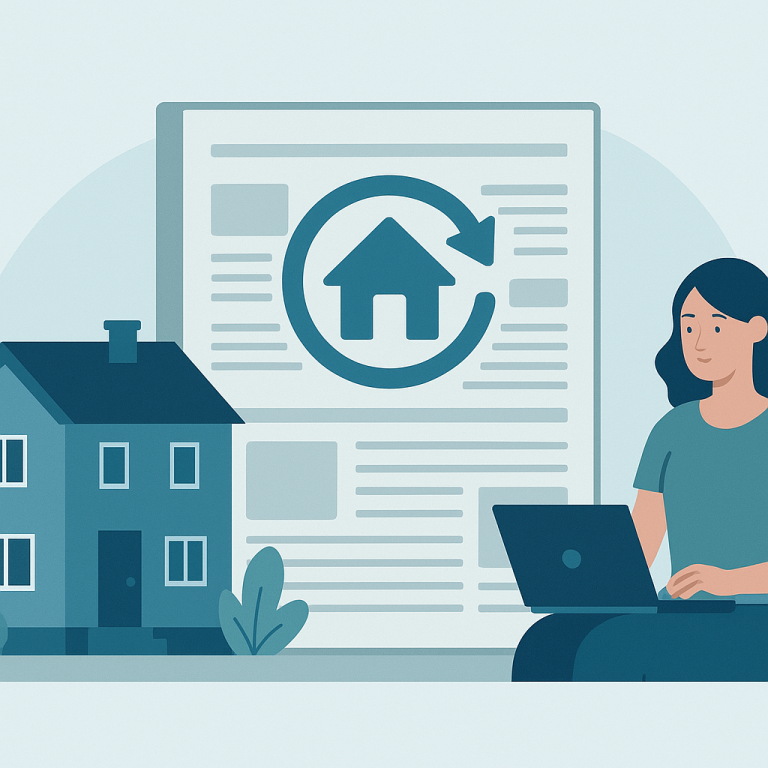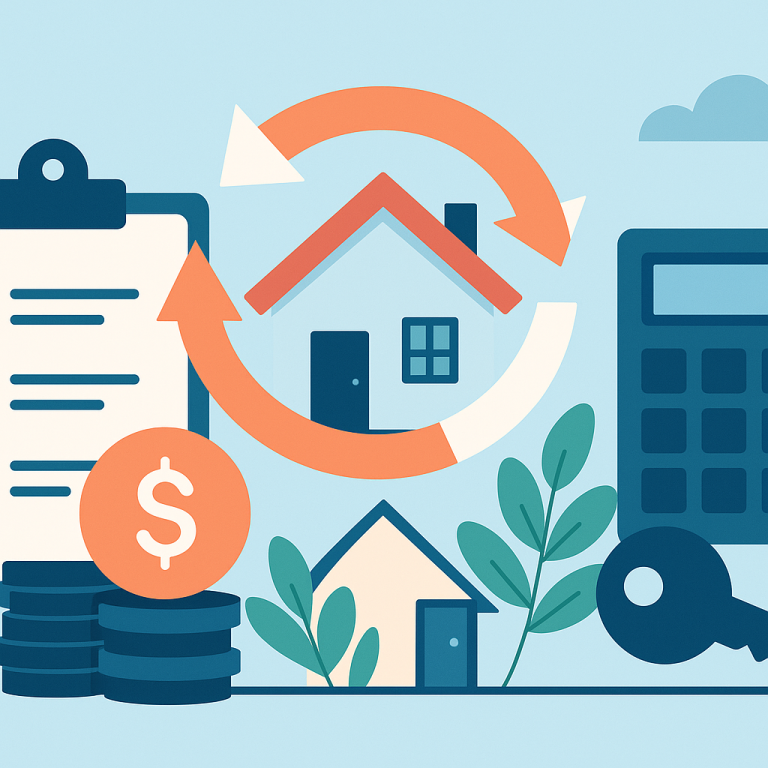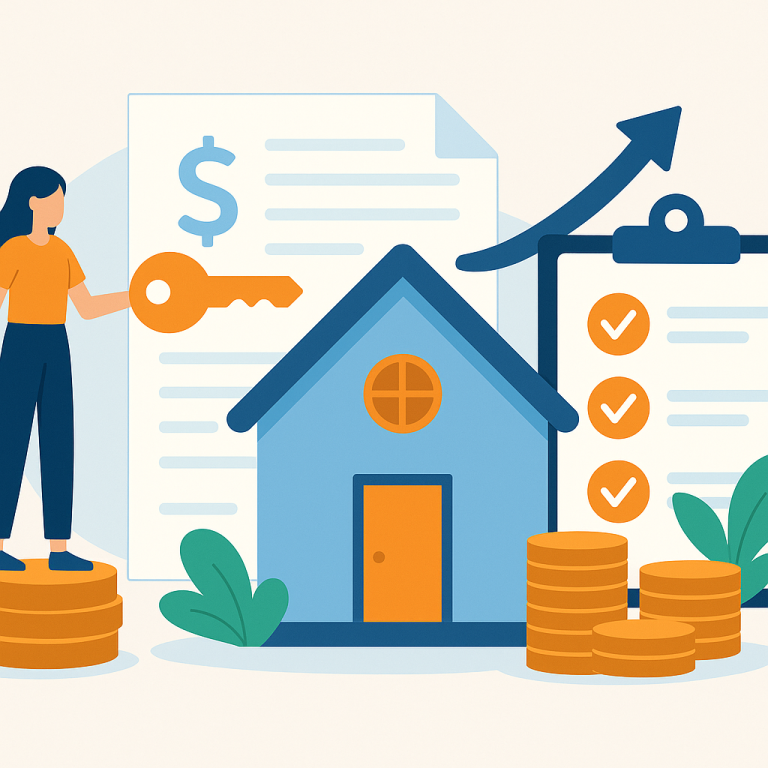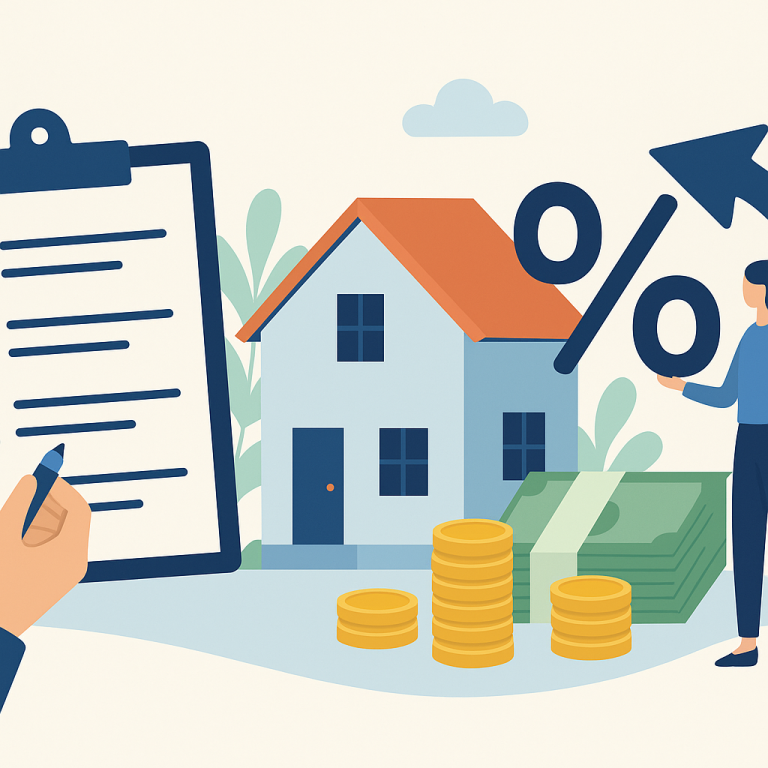Major Mortgage Lender Cuts Refinance Fees, Saving Borrowers Up To $1,200
At a glance: Higher refinance fees and closing costs and how it could affect refinancing decisions.
Lenders have raised refinance origination fees, pushing up closing costs and lengthening breakeven timelines for many borrowers.
What Higher Refinance Fees Mean for Borrowers
Mortgage rates have eased from recent peaks, opening a selective refinancing window for homeowners. For those whose circumstances align with typical refinance benefits, lower rates can reduce monthly payments, shorten loan terms, or free up cash through a cash‑out refinance. This article explains the factors homeowners should weigh before moving forward and provides clear takeaways for practical decision making.
Why the Current Environment Matters
When interest rates decline or stabilize after a period of volatility, refinancing becomes worth reconsidering because it can change the cost and duration of mortgage debt. Lenders are actively updating offerings in response to broader market shifts, and competitive pricing often accompanies periods of moderation in rates. However, not every homeowner benefits equally: the value of refinancing depends on individual loan details, closing costs, equity position, and future housing plans.
Key Factors to Evaluate
- Break‑even point: Calculate how long it will take for monthly savings to cover closing costs. If you plan to move or sell before reaching that point, refinancing may not be beneficial.
- Loan term trade‑offs: Dropping to a lower rate while extending the loan term can lower payments but may increase total interest paid over the life of the loan. Conversely, refinancing into a shorter term can accelerate equity building and reduce total interest, but monthly payments may rise.
- Closing costs and fees: Understand lender fees, third‑party charges, and whether points are being charged. Some lenders offer no‑closing‑cost options that roll fees into the loan, which affects principal and long‑term cost.
- Home equity and loan‑to‑value (LTV): Adequate equity typically secures better pricing and avoids private mortgage insurance (PMI) on conventional loans. Low equity can limit refinance options or increase costs.
- Credit score and financial profile: Borrowers with strong credit and stable income can access the most favorable rates. Check your credit profile and debts before applying.
- Cash‑out considerations: Tapping equity for renovations or debt consolidation can be attractive when rates are lower, but it increases mortgage balance and changes repayment dynamics.
- Timing relative to sale or life events: If a sale or major financial change is imminent, the advantages of refinancing may be reduced.
Practical Steps for Homeowners
Begin with a targeted calculation: estimate the monthly payment on the proposed refinance and the total closing costs, then determine the break‑even period. Compare offers from multiple lenders to identify competitive rates, and request a Loan Estimate to see itemized costs. If considering a cash‑out option, evaluate how the additional debt aligns with your financial plan.
Review your current mortgage contract for prepayment penalties or restrictions that could affect the net benefit. If your goal is long‑term interest savings, prioritize options that shorten the loan term while keeping payments manageable. If immediate cashflow relief is the objective, focus on upfront payment reductions and confirm the long‑term implications.
Homeowner Takeaways
- Refinance when the expected savings exceed closing costs within your planned ownership horizon.
- Decide whether lower payments or a shorter term better aligns with financial goals—those objectives point to different refinance strategies.
- Gather multiple lender quotes, review Loan Estimates closely, and factor in credit and equity position when assessing offers.
- A cash‑out refinance can solve short‑term needs but should be weighed against increased mortgage balance and long‑term cost.
- Consider timing: if you expect to move soon or face major life changes, refinancing may not be advantageous.
Refinancing can be a powerful tool when rates moderate, but its benefits are situational. Homeowners who run careful break‑even analyses, obtain competing offers, and align the refinance structure with their goals will be best positioned to decide whether to act now.
META: refinance, mortgage rates, homeowner takeaways, break-even analysis
